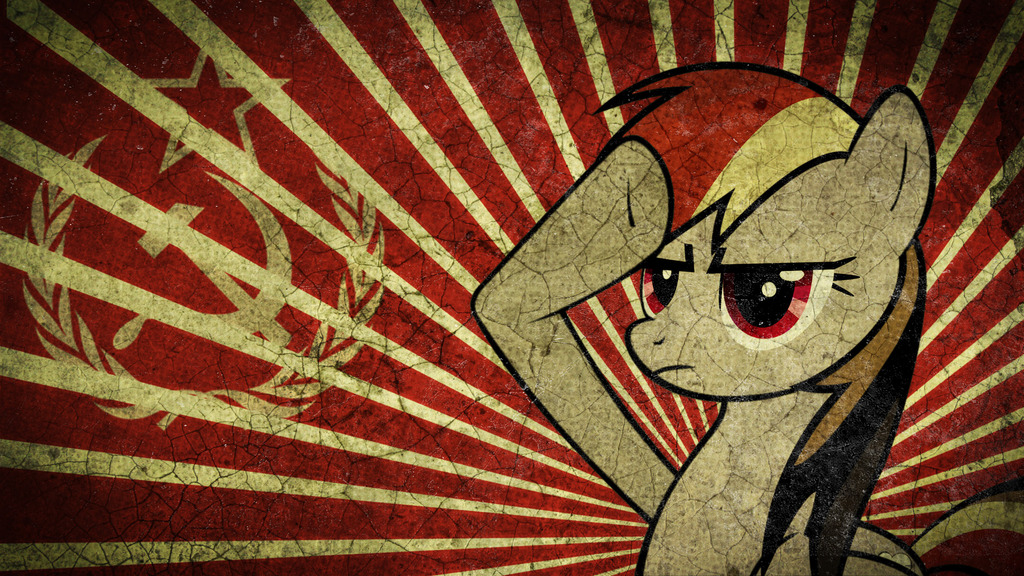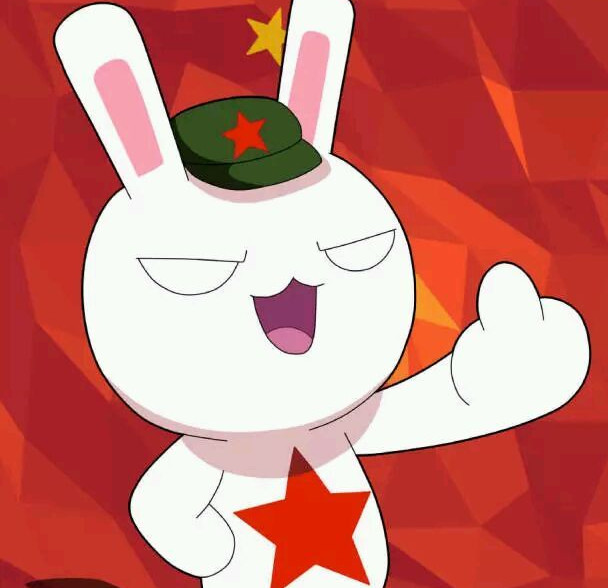The Soviet Union and China battle against each other for Zhenbao Island.
Get this: From what I’ve heard, the USSR even seriously considered nuking China.
Over a fucking island.
I get that Sino-Soviet relations were shit, but how the fuck was it so bad that the Soviet Union wanted to fucking drop a nuke?
Especially since, by this point, China already had nukes, and most likely they would retaliate, risking the end of humanity. Especially if the United States got involved, which they threatened to do.
Can somebody explain to me why the hell this whole situation was even able to happen?
The imperialists purposely played off the USSR and the PRC against each other. They constantly amplified minor disputes and even today they try to make the former split seem worse than it actually was in order to keep the distrust between Russians and Chinese high. Yes the relations were bad at the time and yes there were some border disputes, but i doubt that this “Soviets wanted to nuke China” story is more than imperialist disinformation aimed at stoking resentment.
If i am wrong and there are good historical sources confirming that this was indeed something that was seriously considered (i.e. not just theoretical contingency plans which every major country draws up, and by the same token you could say “the Soviets were planning to nuke Europe” since they also had plans in case of a serious conflict with NATO) then i will stand corrected, but for now i advise taking this sort of thing with a grain of salt. The US on the other hand seriously considered nuking China in the 50s.
If I remember correctly, it was more than just one island (I believe there were hundreds of islands lying within the Amur river) that were in the process of settling borders disputed between USSR and PRC that date back to Russian imperialism against the Qing empire.
Of course the escalation of military conflict was amplified by the recent Sino-Soviet split.
Did the USSR genuinely consider dropping a nuke? I doubt that. They mostly tried to downplay the conflict by relying on the UN for reaching an agreeable resolution (for the ultimate sake of appearing in good light on the international stage, obviously). However this didn’t stop heavy militarization across the Sino-Soviet border and eventually clashing.
China took the nuclear threat seriously (understandably so) and I read that they’ve built fully-fledged, underground cities for emergencies. But immediately after deescalation they were demolished and buried.
I have absolutely no idea but maybe the USSR was already in the bad path which later lead to Gorbachev so dumb decisions were being taken?
Do you mean Damansky island?
From some PRC sources/perspective (loosely collated and translated):
"There were 4000 incidents/clashes at the border between 1964 and 1969. The relations between the two were already bad during Khrushchev, but it worsened in 1964 after Brezhnev became the leader. The fact that the USSR took India’s side during the border disputes at this time soured it further.
The PRC side saw the military agreement between the USSR and Mongolia to station elite Soviet units near the PRC-Mongolia border as an escalation which took advantage of the US (and its dogs) being preoccupied with its invasion of Vietnam.
On March 2nd, 1969 the PRC side said that a Soviet unit opened fire at a patrol, resulting in six casualties. Seeing this, the PLA retaliated and pushed the Soviet unit back. On the midnight of March 15 another Soviet unit with an APC and six T-62 tanks moved in. One of the tanks ran into a mine and was disabled, resulting in fierce fighting from both sides which ended on the 16th, which also resulted in the death of an officer from the Soviet border troops. Looks like this was due to them not wanting an advanced tank to be captured by the PRC. The surface of the frozen Ussuri River cracked and the tank subsequently fell through. The tank was later retrieved from the river by the PRC and still sits in a museum today. Further incidents such as the Tielieketi Incident occured in August, with a 38 man patrol team killed by Soviet forces.
Hardliners in the party such as the Minister of Defence of the USSR Andrei Grechko advocated for nuclear strikes on the PRC’s nuclear sites, political and industrial centers. After an apparent meeting between the Soviet ambassador and Kissinger, Nixon and his group decided that it would be in their interest to stop this nuclear exchange (so that Europe would continue to stand with the US against the USSR and so they could keep their presence in East Asia without ‘radioactive contamination’).
At the same time Mao ordered a massive amount of troops to be stationed at the border, with the order being full retaliation and invasion if war were to start. With the potential all out war between both sides and the possibility of American attacks, The USSR would later send a delegation to the PRC to discuss the border issues diplomatically instead."
https://www.sohu.com/a/629098240_121200245
https://www.163.com/dy/article/HRBM4FL605525UQU.html
As others have pointed out, this is definitely something we’d see from the US playbook of pitting its potential adversaries against each other while pretending to ‘support’ one of them, using the ‘less powerful’ side as fodder to wear out its key rival. With such a powerful media machine, they could amplify smaller disputes into huge ones. With the ever looming threat of a nuclear strike from its powerful neighbour in the north (especially with the constant media bombardment), the PRC would definitely take this possibility extremely seriously.





